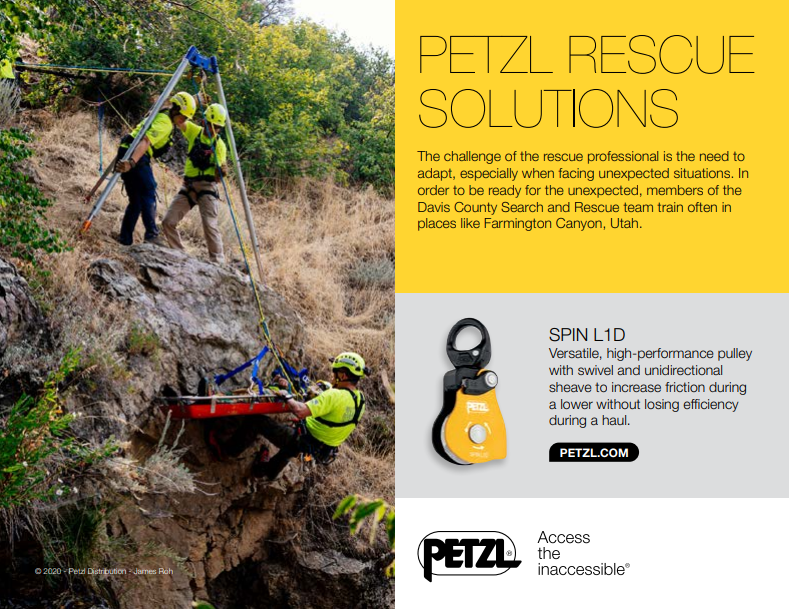Rick Lindfors – Meridian Editor in Chief
Stress can show itself in many forms in first responders. One sign of stress or burnout is known as compassion fatigue. This can show itself as cynicism towards patients or feelings of hopelessness. Compassion fatigue can show after repeated exposure to stressful or traumatic incidents.
“Usually people who are vulnerable are the ones newer to the work,” said Tonya Wilhelm, a Minneapolis therapist and social worker, “but it can certainly happen at any point in your career.” According to the FBI, communication and relationship struggles can also be an indicator of CF. Wilhelm says it is also common for first responders to have dark senses of humor, but directing anger towards subjects is a sign of feeling helpless. She adds compassion fatigue is also a sign that the person going through it does care for the people they help, but it is becoming painful to do so. An example is feeling like efforts as a first responder are not making a difference.
Compassion fatigue can be addressed at the individual level before and after incident exposure. “Mentally, I would recommend you know yourself pretty well,” says Wilhelm, “You should go into [search and rescue] knowing what fills you up and depletes you.” Individuals should have an understanding of their own signs and signals of distress and what could help address them.
For SAR teams, the issue can first be handled by first recognizing that an emotional response is a hazard of being a first responder. Team leaders should recognize that there could be some sort of response after a mission. “I would see it as a job hazard and as something that needs to be managed,” said Wilhelm. Peer support is an important tool for organizations as well as ensuring the culture of the organization supports emotional recovery. Wilhelm adds that organizations should have clear policies to help guide the support process for operators.



